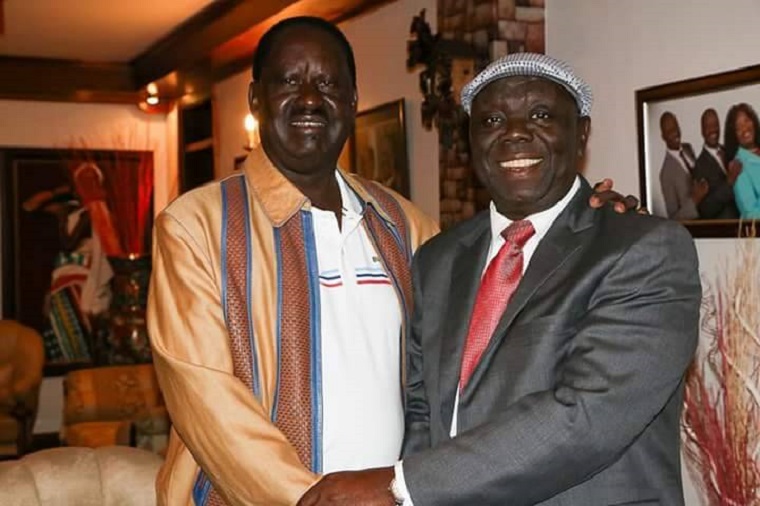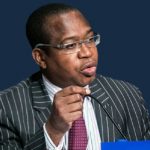 When Nelson Chamisa this week announced his intention to inaugurate himself as “People’s President” of Zimbabwe, he was following in the footsteps of other African opposition leaders — specifically Uganda’s Kizza Besigye and Kenya’s Raila Odinga, both of whom rejected election results and staged their own ceremonial inauguration ceremonies.
When Nelson Chamisa this week announced his intention to inaugurate himself as “People’s President” of Zimbabwe, he was following in the footsteps of other African opposition leaders — specifically Uganda’s Kizza Besigye and Kenya’s Raila Odinga, both of whom rejected election results and staged their own ceremonial inauguration ceremonies.
This is no coincidence. On the advice of their Kenyan counterparts, Chamisa’s Movement for Democratic Change Alliance consciously modelled its electoral strategy on that of Odinga’s National Super Alliance, according to well-placed sources connected to the party.
Tomorrow’s planned “inauguration” is a key element of that strategy, designed to force concessions from the new administration of President Emmerson Mnangagwa — who narrowly won the July 30 election — and to shore up Chamisa’s position within his own party.
(NB:The commemoration has been postponed. See full statement below)
The links between the Kenyan and Zimbabwean opposition movements are rooted in the friendship between Odinga and the late Morgan Tsvangirai, the veteran leader who founded the MDC. “Raila’s links with Tsvangirai are very close, they were good friends, and they were good friends even before Tsvangirai became very well known,” said Salim Lone, Odinga’s spokesperson.
Odinga attended Tsvangirai’s funeral in February. There, he pulled aside Tsvangirai’s heir-apparent — the youthful, charismatic Nelson Chamisa, who was then fighting to shore up his control of the party.
“At the funeral of Morgan Tsvangirai, Odinga did attend and he gave Nelson some pointed council, some pointed advice, things to look out for. Odinga didn’t go through the play by play, but his people went through the play by play later,” said a senior MDC official, speaking on condition of anonymity.
Odinga told Chamisa to watch out for the impact of foreign consulting firms like Cambridge Analytica, which was exposed just a month later for deploying dirty tactics to manipulate the results of elections around the world; and to pay close attention to irregularities in the voters roll. Odinga’s advisers also told the MDC how to prepare for a legal challenge to the election results, including technical details on how to analyse the results.
The two campaigns even shared at least one staff member: Kenyan economics professor Edgar Otumba. Otumba’s job was to run the numbers once the election results came in, and identify where and how they had been manipulated. In Kenya, his findings contributed to NASA’s successful court challenge to have the August 8 presidential results set aside, forcing a rerun.
Otumba confirmed that the MDC deliberately modelled its electoral strategy on the Kenyan example. “True, and they did it very well,” he said. The two countries have a lot in common he said: “…the electoral systems are also similar, and that’s why I was able to analyse election results for both the NASA case in Kenya and the MDC Alliance in Zimbabwe.”
Continued next page
(570 VIEWS)


